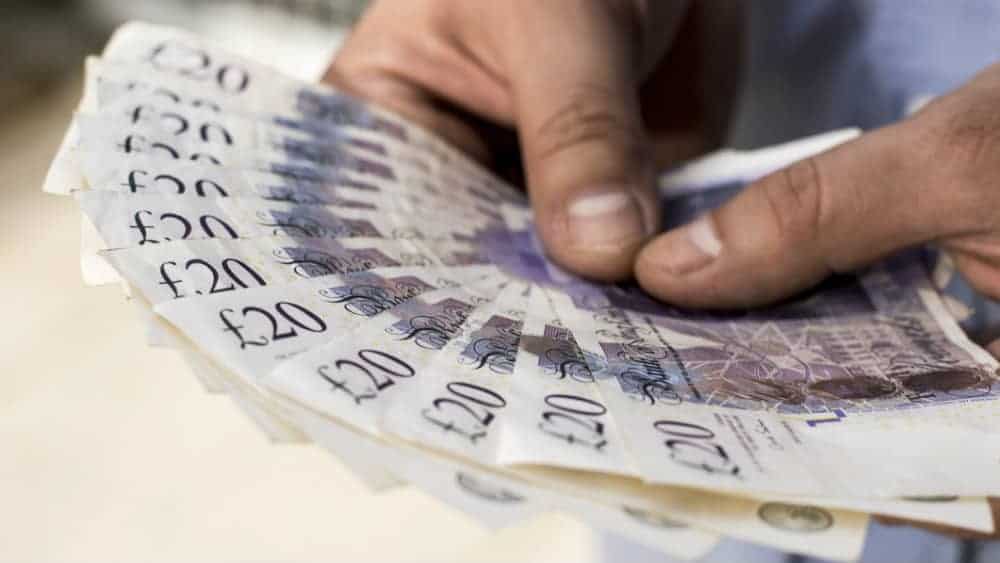
Image source: Getty Images.
UK shares outside the FTSE 100 and FTSE 250 don’t always get the attention they deserve. And I think this is the case with De La Rue (LSE:DLAR) – a firm that manufactures banknotes.
Right now, the company has a market-cap of £206m, but it’s about to raise £300m in cash by selling off part of its business. Is there a catch, or is this a golden opportunity for investors?
What’s the catch?
De La Rue’s business has two parts to it – an authentication unit and a currency unit. The first one provides security technology for identity documents and the second one prints banknotes.
The company has agreed to sell off the authentication division to Crane NXT for £300m. That’s more than the entire market-cap of the UK company.
In theory, De La Rue could return all of this to shareholders immediately thereby paying a dividend that’s higher than the share price. But it’s not quite so straightforward.
The company has some liabilities, including net debt of around £90m and a further £52m in pension obligations. These might well use up some of that cash.
Even so, De La Rue should find itself in a position of having more cash than debt after the sale of its authentication business. And that could put investors in a very nice position.
After clearing the balance sheet, I expect the company to be able to return some of the sale proceeds to shareholders. And they would still have the banknote business going forward.
What comes next?
Investors might think banknotes are a dying business. And it’s definitely true that a lot more transactions are happening by card or digitally.
Nonetheless, there are a couple of reasons things might not be as bad as they look. One is that a shift to replacing cotton banknotes with polymer-based ones means new money needs printing.
Another is inflation – on a global scale, not just in the UK. The value of money declining is likely to mean more of it is needed, which is a benefit for the business that manufactures it.
It’s worth noting that De La Rue is also looking to sell the remaining banknote division. And that could make a quick return regardless of the long-term outlook for physical cash.
What that might raise is uncertain, but the firm’s largest shareholder values the banknote unit at £150m. That could be a great result for investors with the company’s balance sheet clear.
All of this means investors don’t necessarily have to think banknotes are the long-term future of money to see value in De La Rue’s shares. And that makes them an interesting proposition.
Is this an opportunity?
When I look for shares to buy, I try to find companies that are going to generate a lot of cash relative to their market-cap. Usually, this means businesses that have strong growth prospects.
Cases where a declining business can provide a big reward are rarer. But De La Rue might be an example of this, which is why I’m considering making it part of a diversified portfolio.













